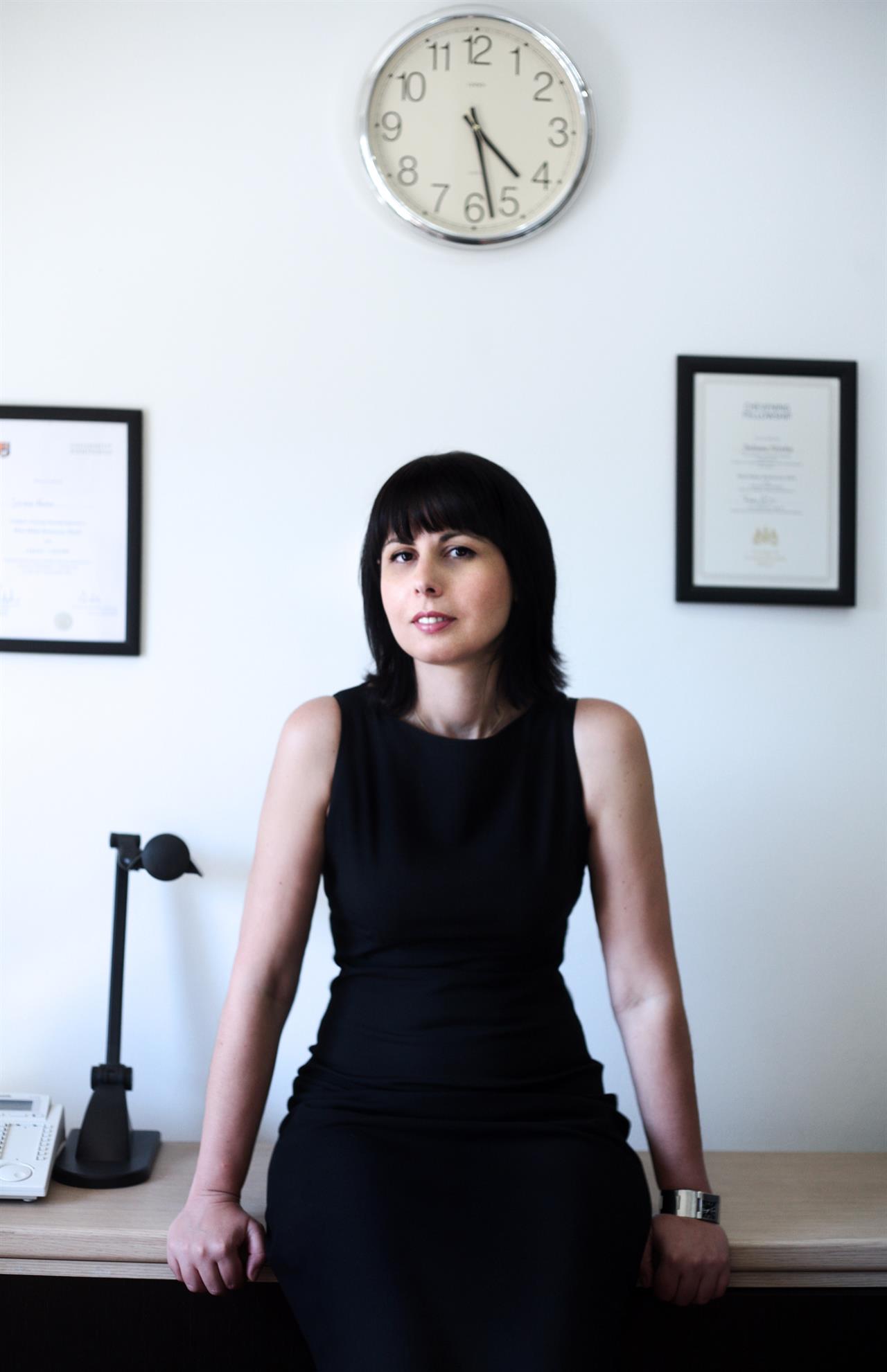Non profit
Albania: Visa free travel to EU
Will visa-free travel mean a new surge of immigrants? An interview with the director of Partners Albania explains why not

As of December 2010, citizens of Bosnia and Albania will no longer need a visa to travel to countries of the Schengen area, which includes most EU countries. The visa-free regime will apply to biometric passport holders and will last for a maximum period of three months. The biometric passport is a combined paper and electronic passport containing information that can be used to authenticate the identity of travelers. The decision about visa-free travel was taken by EU Ministers of the Interior in a meeting held on 8 November.
Vita Europe speaks to Juliana Hoxha, director of Partners Albania, a non profit organization active in developing and strengthening institutions, monitoring of electoral processes, training and teaching for non-for-profit sector, local government, private sector and community leaders.
What consequences will the visa-free regime have?
This decision will definitively benefit Albania, in terms of people-to-people exchanges and also in terms of market, because many businessmen in my country have a very heavy burden, which is the difficulty of talking to their counterparts, even to NGOs, in other parts of Europe, because of the visa regime, and now this new decision is going to impact the country, and Europe, in a good way with the right measures taken from both sides.
Some European countries fear that these short-term visas will be misused by Albanians to stay longer than the three months allowed them, as happened with Serbia, Macedonia and Montenegro. Do you think this will be the case?
Perhaps. But there is a mechanism of control to prevent that this will happen. In fact, differently from Serbia, Macedonia and Montenegro, the EU is applying the Lisbon Treaty for Albania. This states that when one EU member state has a problem with the implementation of the visa–free regime, for example high numbers of unmotivated asylum requests, then this country can discuss its problem at the EU level. The visa-free regime can be suspended if it has been misused.
Will there be a flood of Albanian emigrants as feared by some EU countries?
There has been much debate about this, even though we mustn’t forget that there are many restrictions involved in the visa-free regime. For example the three-month limit. I think that the exodus will be on a small scale, due to Europe’s economic crisis. There are of course lots of Albanians living in Europe, but, because of the economic crisis, many of them have come back to Albania because they can not afford to live in most of European countries. This has been true for Greece, where half a million Albanians live.
Do you think that, as biometric passports are very expensive, many Albanian citizens will not be able to afford them, and will then have to renounce to travel in the Schengen area?
Absolutely. Only less than half the population is equipped with the biometric passport and now there is a great demand for it, not only by who lives in Albania, but also by our emigrants: we have more than a million emigrants working around Europe, and lots of them ask for biometric passports as well. The visa-free regime, if on the one hand will have a good impact on Albania, on the other will introduce many restrictions. For example, besides being the travel period limited to three months, Albanians wanting to travel to Schengen countries are asked for monetary means at the borders (which sometimes exceed their needs for a short travel), for hotel reservations if they go on holiday, for invitations if they go on business. At any point the Immigration Office can refuse them the right to expatriate if they are not convincing.
As well as the visa-free regime another important decision was also taken: to not grant Albania the candidate status…
Yes. The candidate status is a pre- status before a state becomes a full member of the EU, but Albania was refused it, mainly because of its political crisis, but also because of corruption and organized crime. Macedonia, Montenegro and Serbia already joined the visa-free regime on December 2009. It is more than a year that the opposition does not fully participate to the Parliament’s elections. This is blocking some of the largest legislative reforms. The EU is very concerned about the stability of the institutions in the country. Albania’s candidate status will be probably reviewed in autumn next year. We are going to have local elections in May, so it seems that the results of these elections are somehow related with the possibility to get the candidate status. The present political crisis exists because of last year’s parliamentary elections. In fact the opposition has claimed that the elections were manipulated. All the EU institutions – the Council of Europe, the European Parliament – have sent several declarations requesting or supporting what the opposition is asking for, which is the full review of the electoral documents.
Si può usare la Carta docente per abbonarsi a VITA?
Certo che sì! Basta emettere un buono sulla piattaforma del ministero del valore dell’abbonamento che si intende acquistare (1 anno carta + digital a 80€ o 1 anno digital a 60€) e inviarci il codice del buono a abbonamenti@vita.it
